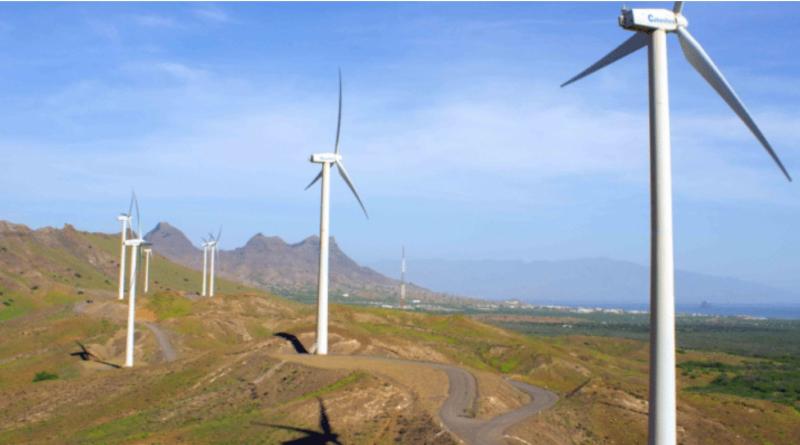Wind power: Cabeolica in Cape Verde to invest $50m in expansion and storage

In Cape Verde, special-purpose company Cabeolica has obtained the go-ahead from the authorities to expand its wind energy production capacity on the island of Santiago. The company will also invest in electricity storage.
Cape Verde’s renewable energy production capacity is set to increase in the near future. This promise has been made by the company Cabeolica, which has obtained the approval of the Cape Verdean Ministry of Industry, Trade and Energy to implement its new project, which will require an investment of $50 million.
It involves extending its wind power generation capacity on the island of Santiago from 9 to 22 MW. The investment will also enable the construction of two electricity storage systems of 9 MW/5 MWh in Santiago and 6 MW/6 MWh on the island of Sal. According to Alexandre Monteiro, Cape Verde’s Minister of Industry, Trade and Energy, "battery energy storage systems (BESS) are essential for stabilising the grid and storing surplus renewable energy".
The largest producer of renewable energy in Cape Verde
He adds that the Cabeolica project will increase the share of renewable energies in Cape Verde’s electricity mix to 30% by 2025, compared with 20% at present. This will enable the archipelago off the coast of West Africa to save €1 million each year on imports of the fuel that powers its thermal power stations.
With an installed capacity of 400 MW, Cape Verde obtains up to 80% of its electricity from thermal power stations, according to the Portuguese-speaking Association for Renewable Energies (ALER). Cabeolica, which supplies 17% of Cape Verde’s electricity, was set up as part of a public-private partnership (PPP) between the government and the investment company Africa Finance Corporation (AFC).
The company has installed 30 wind turbines on four of Cape Verde’s nine islands: Boa Vista, São Vicente, Sal and Santiago. These turbines have a total capacity of 25.5 MW and supply 25% of the archipelago’s electricity demand. Since 2021, the company has been 40% owned by fund manager A.P.Moller Capital, 50% by AFC and 6% by the State of Cape Verde.



